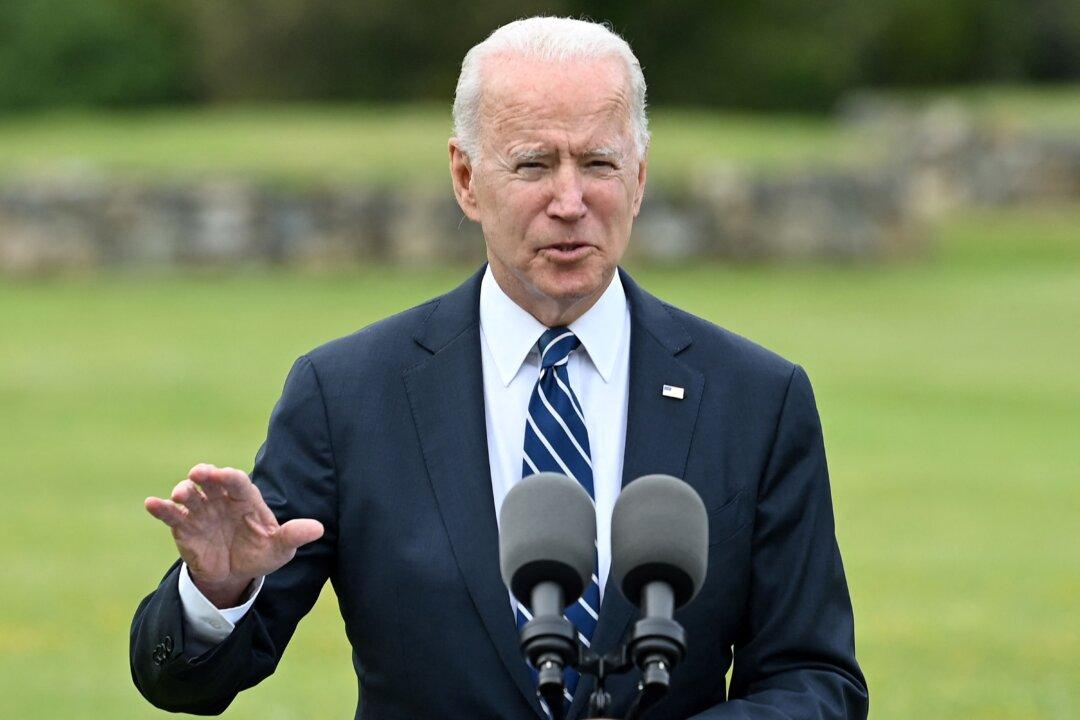President Joe Biden says the United States will complete the war in Afghanistan by Aug. 31, and the military will continue to provide funding, equipment, and humanitarian aid to the war-torn country.
“Afghan leaders have to come together to drive toward a future that the Afghan people want and deserve,” Biden said during a July 8 news conference in Washington.





